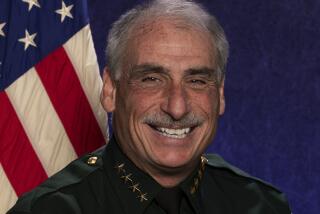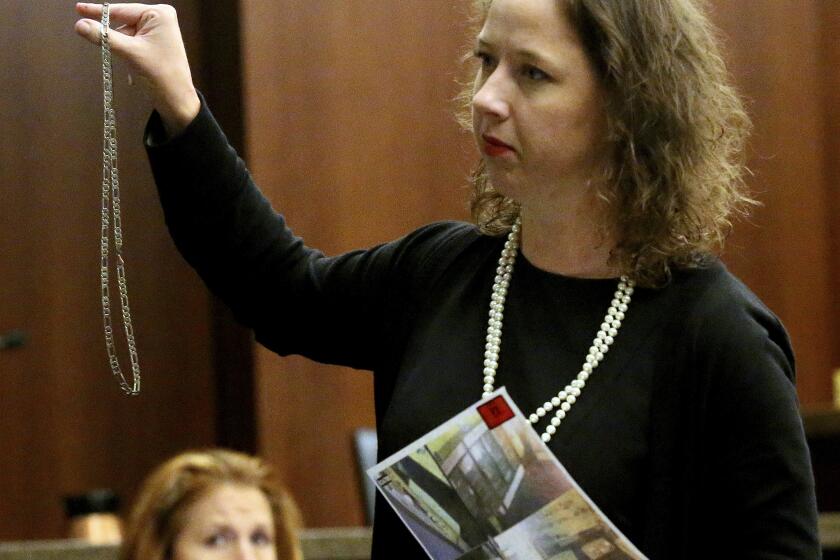Secret agent fought Nazis
Pearl Cornioley, who parachuted into France as a secret agent during World War II to help arm and organize the Resistance, has died. She was 93.
Cornioley was one of Britain’s greatest agents operating behind German lines, according to historian Michael R.D. Foot, who has written extensively about British special operations in France.
Cornioley died Feb. 24 at Blois Hospital in the Loire Valley, according to Caroline Cottard, the secretary at her retirement home in Chateauvieux, southwest of Paris.
On the assumption that the Nazis would be less likely to suspect a woman, she parachuted into France in September 1943 to work as a courier for an underground unit. She posed as a cosmetics saleswoman to deliver coded messages.
When the Nazis captured the leader of her unit in May 1944, she took over the cell in the north Indre department of the Loire River valley, about 55 miles southeast of the Normandy beaches.
Using the code name “Pauline,” she led a 1,500-strong team in disrupting railways, roads and telephone communications and starting guerrilla operations. The Nazis put her face on posters offering a 1-million franc reward for her capture -- but she always evaded them.
In June 1944, the month of the D-Day landings, her unit interrupted the Paris-Bordeaux railway line more than 800 times and regularly attacked convoys, she wrote in her 1995 autobiography.
“We didn’t actually have anything to do directly with the D-Day beach operations, but we were in more or less a rear guard -- trying to prevent the Germans getting up to them,” Cornioley told the Associated Press on her 80th birthday.
Born in 1914 in Paris to British parents, she was the oldest of four daughters. She took a job at the British Embassy in Paris to help support the family.
She and her family were still in France when it fell in June 1940, but fled to London when the Germans started rounding up British citizens.
Bored by her desk job at the Air Ministry in London, she volunteered for the Special Operations Executive. After seven weeks of training for armed and unarmed combat and sabotage, she parachuted into France.
After the war ended, she married Henri Cornioley, a French prisoner of war who had escaped and joined the Resistance.
They spent the rest of their lives in France, and he died in 1999.
After the war, she was recommended for Britain’s Military Cross medal, but as a woman she was not able to receive it. Queen Elizabeth II made her a Commander of the Order of the British Empire in 2004 during a visit to Paris. She also received France’s Legion d’Honneur.
But the award that meant the most to her came when Royal Air Force officers presented her with her parachute wings in 2006 in a ceremony at her Paris retirement home.
“I’ve been moaning about the fact the girls who parachuted into occupied countries were not allowed to wear the wings when we came back from the field,” she said. “I thought it was an injustice and really wrong because we went through the same dangers as the men.”
She is survived by a daughter.
More to Read
Sign up for Essential California
The most important California stories and recommendations in your inbox every morning.
You may occasionally receive promotional content from the Los Angeles Times.










